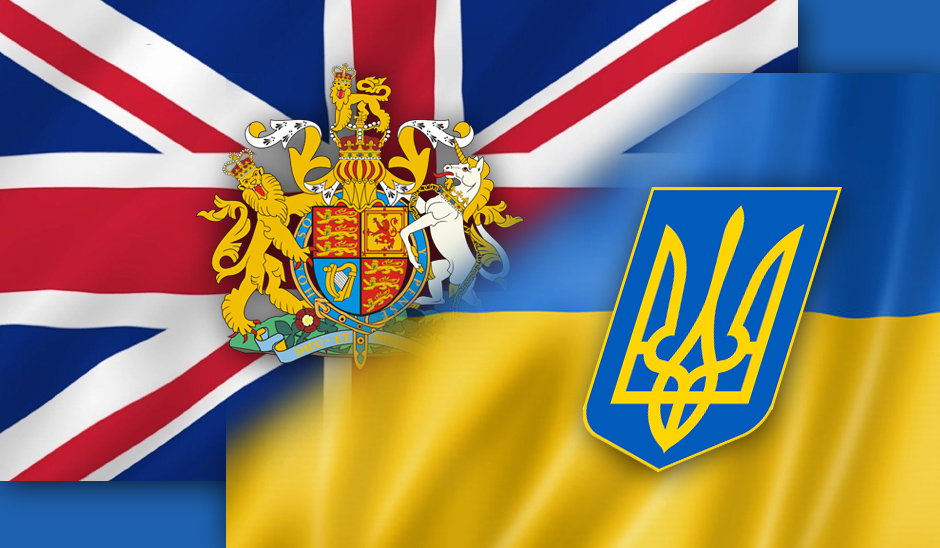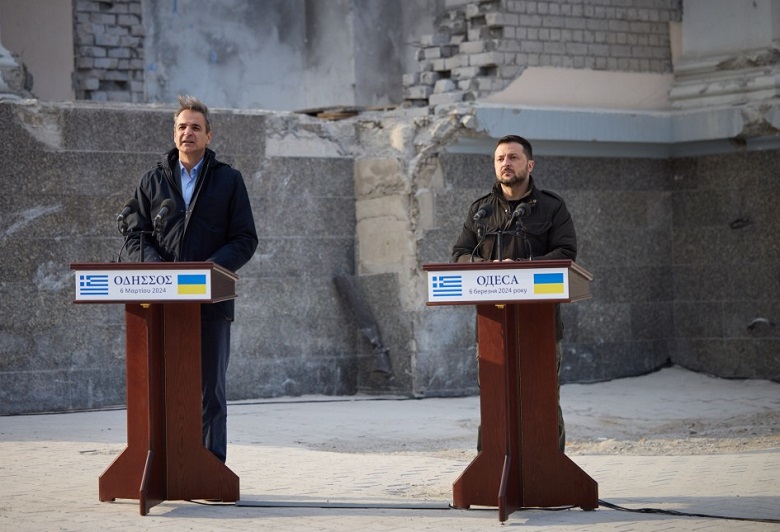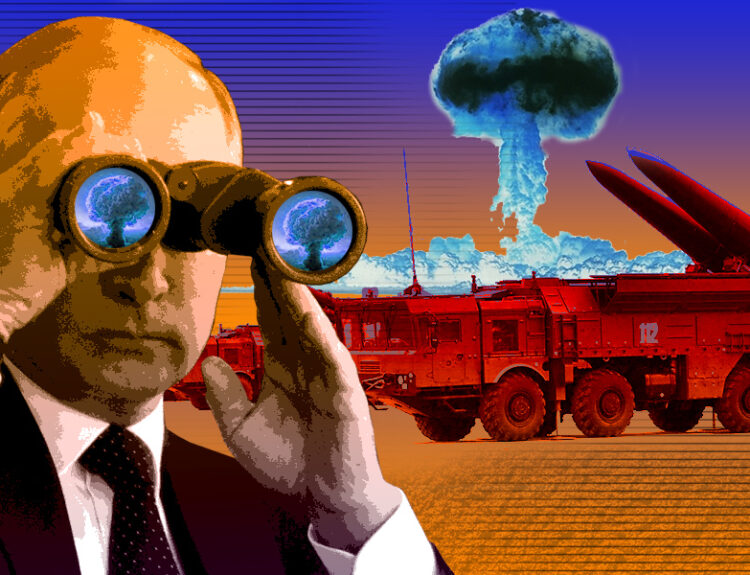In the three years of Russia’s full-scale invasion of Ukraine, the world has changed more than in the previous 30 years. Approaches to diplomacy, state security, and ways of waging war are changing. At the same time, the US is concentrating more and more on domestic issues, slowly moving away from its role as ‘world policeman’. A window of opportunity is opening for the UK and Ukraine. An alliance of the two states can effectively fill the emerging gaps in global security.
The UK is one of Ukraine’s most reliable allies in repelling Russian aggression. Over the years of the war, the United Kingdom has already allocated almost £12.7bn to Kyiv for military, humanitarian and economic support. In addition, London has pledged to continue this support to the tune of around £3bn a year. And this will continue ‘for as long as it takes’. The UK has often been the first to provide important military aid, from Storm Shadow cruise missiles to a squadron of Challenger 2 tanks. Yes, and, in principle, is not averse to allowing Ukrainians to pound deep into Russian territory with their weapons. In addition, the UK has sheltered more than 100 thousand Ukrainian refugees. Ukraine, in turn, very much appreciates the assistance provided by the British. Streets in Ukrainian cities are even named after former Prime Minister Boris Johnson.
At the beginning of 2024, Ukraine and the United Kingdom signed a security treaty, which will remain in force until Ukraine joins NATO. And the previous Conservative government, represented by Prime Minister Rishi Sunak and Foreign Secretary David Cameron, even announced the start of negotiations on a 100-year partnership. An agreement covering the whole range of relations between the countries: from trade, security and defence, to science, technology, education and culture. The preconditions for such global co-operation are already in place.
Firstly, both countries are striving to increase their subjectivity in the international arena. After Brexit, the UK is trying to regain its influence in the world and on the European continent. At the same time, London’s bet on Poland as the leader of Eastern Europe has not played out. The new allies turned out to be too pro-American. Ukraine, on the other hand, is trying to retain the initiative for potential peace talks at the end of the war and increase support for its initiatives from the rest of the world, both Western countries and the states of the Global South.
Secondly, Ukraine desperately needs to expand the sources of external funding for its war of Independence and arms supplies. Britain, on the other hand, desperately needs to quickly reform its armed forces, which are now far from being in the best shape. The current strength of the British land army is around 77,500. This is the smallest size of the United Kingdom’s army since 1799. Things are no better with the technical equipment of the mechanised part of the armed forces. The amount of equipment is not enough to ensure the defence capability of the kingdom, and it is morally obsolete.
At the same time, the global union of Great Britain and Ukraine is capable of solving problems that both countries are currently trying to cope with alone. The United Kingdom can bring to it its diplomatic weight and the financial power of one of the world’s largest capital markets. Ukraine, on the other hand, can strengthen the alliance with its army of millions and the most combat-ready on the European continent, as well as new military technologies that are now being tested in combat conditions.
The US is gradually phasing out its military presence in the world, concentrating more and more on domestic problems. And one state is not able to fully replace them. Accordingly, the future Union of Great Britain and Ukraine gets a unique window of opportunity to provide security in regions around the world, filling the gaps left by the US withdrawal. Given the activity of the new ‘Axis of Evil’ (Russia, China, Iran and North Korea), the demand for such services will only grow. Especially in Scandinavia and the Gulf countries, which will provide the new union with the necessary resources.
On the territory of Ukraine it is necessary to create a European Silicon Valley – a free economic zone, which will become the basis of the new union. The Ukrainian side will ensure allocation of the necessary land, communications and qualified personnel. The British side will provide financing and investment protection. This innovation hub will be responsible for the technological breakthrough that will ensure the rearmament of the Ukrainian and British armies according to the challenges of modernity.
As the Ukrainian War of Independence showed, the time of tank armadas and aircraft carriers is gone. World security requires the creation of innovative modern armies that utilise drones everywhere in the air, on land and at sea. Armies that possess both radar reconnaissance and electronic suppression of enemy equipment. Armies that specialise in mobile operations rather than the trench warfare of World War I.
But, several legislative and governmental initiatives are needed to start the project:
- Conclude a global all-encompassing intergovernmental agreement between the two countries.
- Conclude a similar agreement between big business, creating an East Ukrainian Company.
- Legislate the new entity by transferring judicial powers to the British judiciary.
- Simplify the procedure of land allocation in Ukraine to the project participants.
Another important step is to ensure the participation of British business in projects in Ukraine, including post-war reconstruction, on special terms.
The creation of the Ukraine-United Kingdom inter-parliamentary group, which will be engaged in its promotion and legislative implementation, may well start this process.
And most importantly, to ensure the future success of the UK-Ukraine Union, it is necessary to bring security to Europe right now. The Russian Empire must fall.
Source: The Gaze







